ZHAW International Business Podium

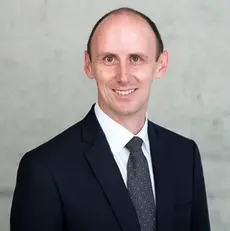
“Rarely has the international political environment been more dynamic or challenging for companies: Trade wars, the Greta movement, competition from state-owned corporations, and many other issues, influence the success of businesses. We will discuss these topics with the experts - join us.”
Prof. Dr. Florian Keller, Head Center for Global Competitiveness
Public Events
The ZHAW International Business Podium is a series of events organized by the International Management Institute of the ZHAW School of Management and Law (ZHAW SML). It focuses on political and economic developments, and discusses current topics with experts and academics.
These events are primarily aimed at our students, but are also open to the general public.
Previous Events
Playing Russian Roulette with Donald Trump: The Consequences for Ukraine, Europe and the World
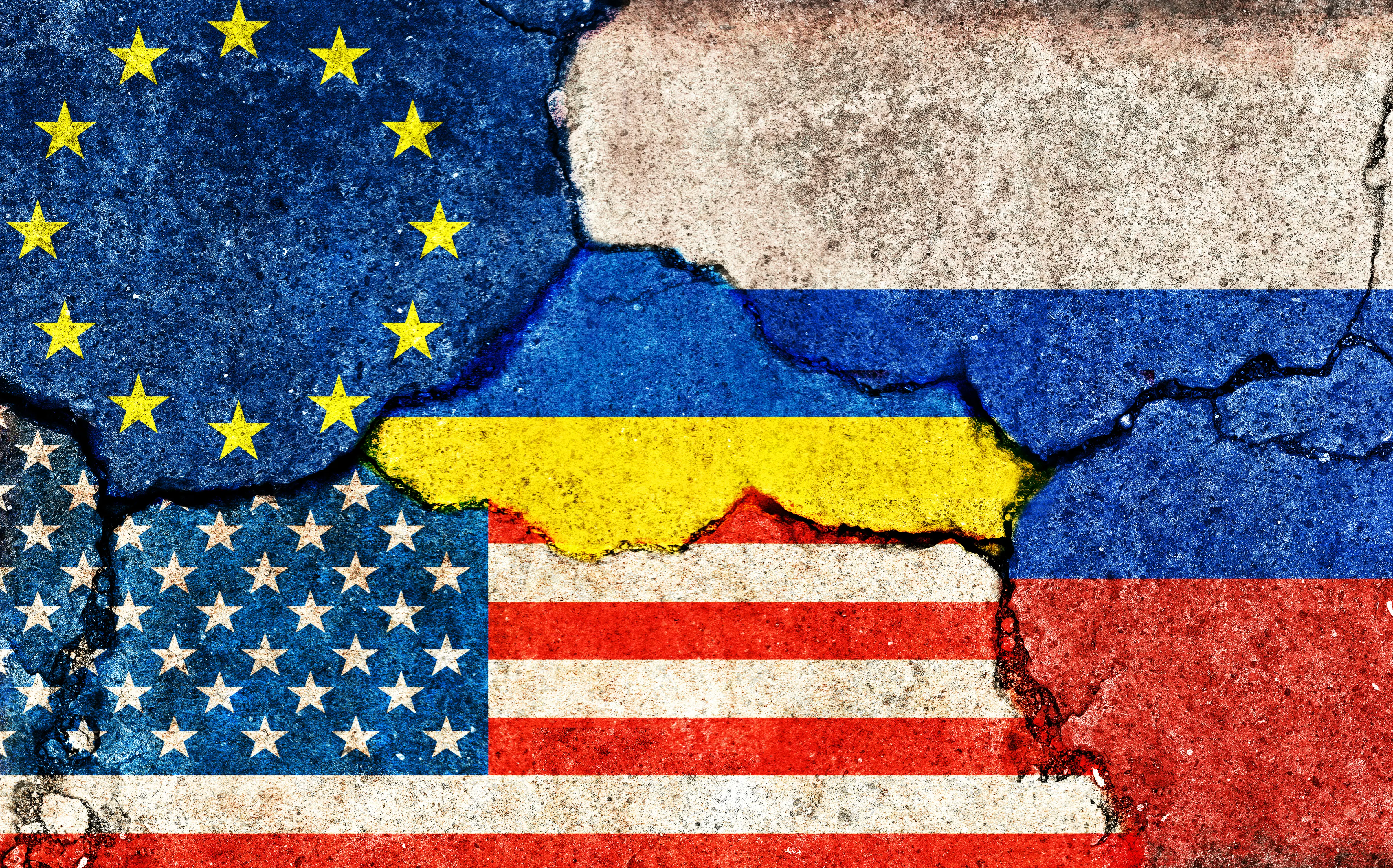
13 March 2025
The return of Donald Trump to the White House and his willingness to shatter long-standing norms has brought a massive increase in geopolitical uncertainty. His approach to foreign policy - marked by unpredictability, transactional diplomacy, and rejection of traditional alliances - has already begun to reshape the global order. Nowhere is this more evident than in Ukraine, where U.S. support hangs in the balance, and in Europe, where leaders must navigate an increasingly volatile security landscape without the US leadership they relied on for so long.
US Elections 2024: A Conversation with the new AmCham President
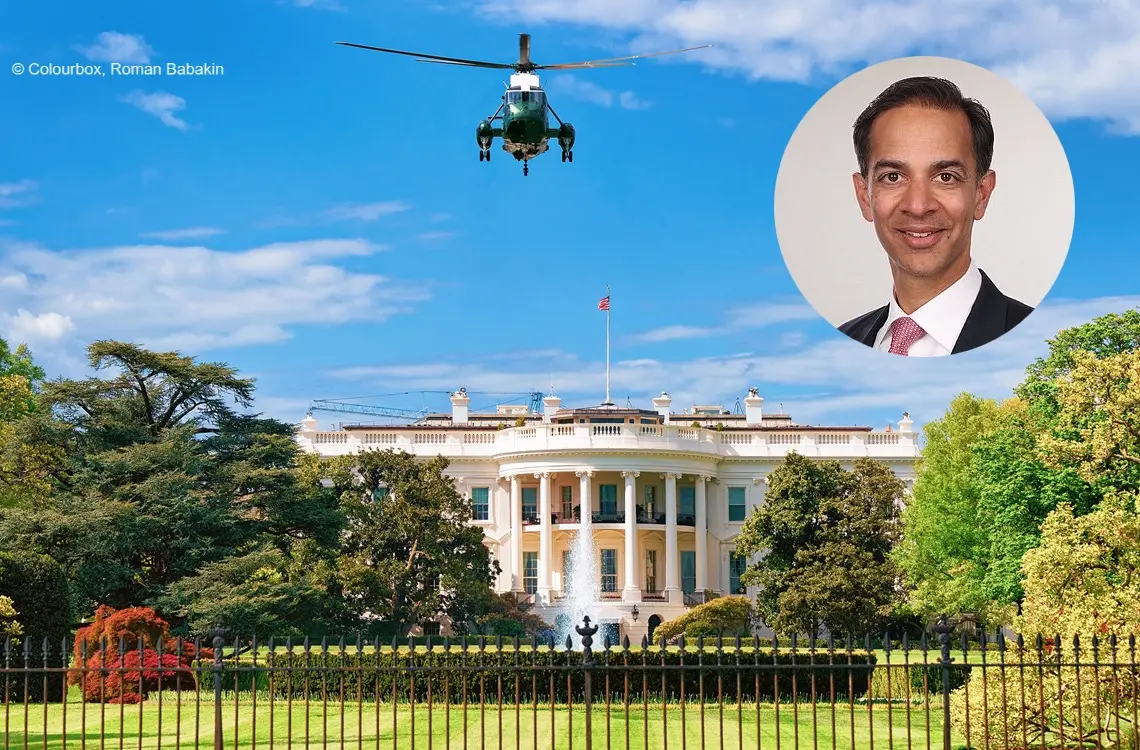
30 October 2024
Who will win the White House and be US president in 2025? Will Doland Trump come back to power, or will current Vice President Kamala Harris succeed in winning the Electoral College? In the current session of the ZHAW International Business Podium, we exchange views with Rahul Sahgal, the new CEO of the Swiss-American Chamber of Commerce.
Modern Diplomacy in Crisis? A Discussion on the State of Digital Diplomacy in 2023
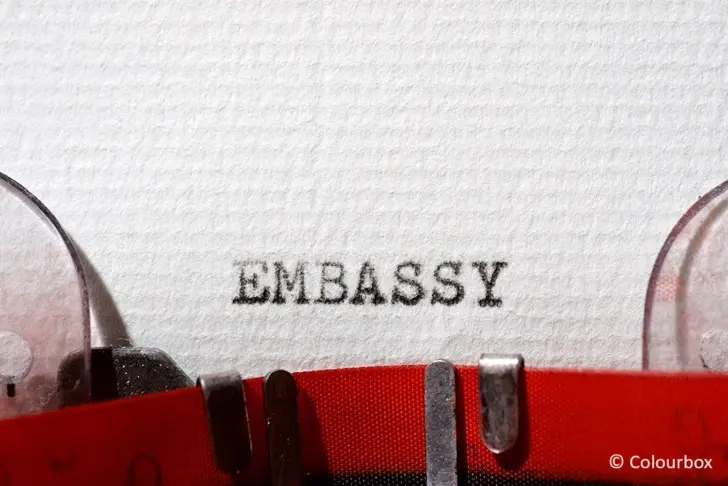
23 November 2023
Are modern diplomats particularly well equipped to deal with the impact of digital technologies on international relations, or are they rather overwhelmed by the speed and complexity of these developments? Our ZHAW International Business Podium provided answers.
10 Years Sino-Swiss Free Trade Agreement: Implementation, Success Stories, and Challenges

26 October 2023
In 2014, Switzerland pioneered preferential trade agreements with China in Europe. Today, the Sino-Swiss free trade agreement will soon have been in force for ten years. It is therefore an appropriate moment to review now how this agreement has been implemented, who benefits most from it, and what challenges remain.
In honor of our senior lecturer, Khaldoun Dia-Eddine: Why has the Middle East become a global mediation hotspot?
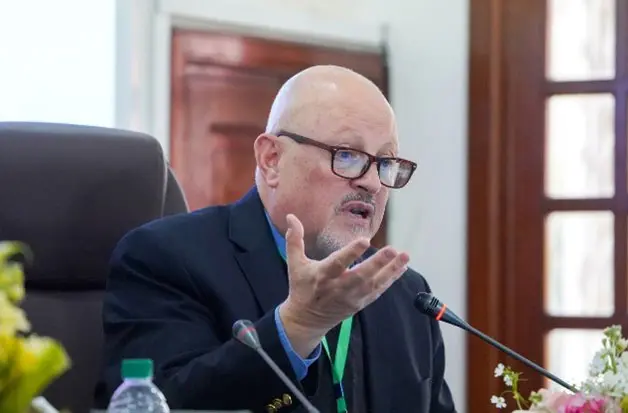
05. October 2023
In recent decades, the Middle East has increasingly engaged in mediation activities related to international conflicts in a variety of ways. The results have been interesting and diverse, and they can sometimes rival those of traditional global mediators.
This observation is discussed by Khaldoun Dia-Eddine, who continues to enrich the work of the ZHAW Center for Global Competitiveness with a reduced workload after his official retirement on August 1, with exciting guests at the ZHAW International Business Podium in honor of his many years of work. Together they raise questions and find sometimes surprising answers: Is the region consciously developing its diplomacy and mediation capacities? How can their cultural backgrounds be assessed? And what impact do these developments have on traditional mediation centers like Switzerland?
How is Digital Diplomacy Shaping the War in Ukraine?
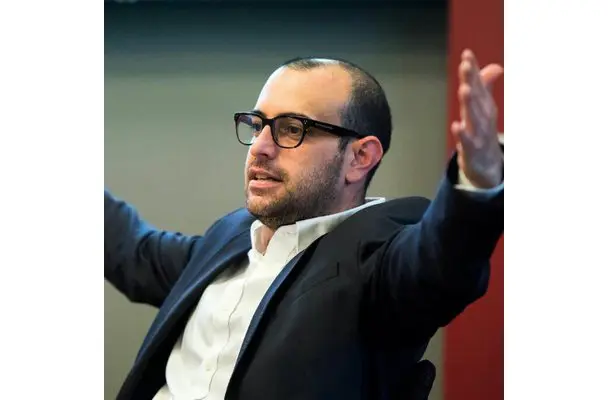
16 June 2022
Digital Diplomacy Scholar Dr. Ilan Manor will visit Winterthur to present his analysis of how Ukraine is using digital technologies in the war and show how important political changes have taken place at great speed, partly due to the digitalisation of diplomacy.
About the Guest Speaker
Ilan Manor is Assistant Professor at Ben Gurion University, Israel. He obtained his PhD from the University of Oxford with a thesis that explored the manner in which nations portray adversaries on official digital diplomacy channels during times of crises.
Manor is co-editor of the book, Public Diplomacy and the Politics of Uncertainty (2021) and author of The Digitalization of Public Diplomacy (2019), both published by Palgrave Macmillan. In a recent publication by International Affairs, Manor argues that “diplomacy is about to enter a new phase, which we call hybrid diplomacy, in which physical and virtual engagements are expected to integrate, complement and empower each other.”
More information: https://digdipblog.com/
This event will also be an opportunity to get to know the program of the newly created DAS in Applied Diplomacy (30 ECTS) and the new graduates of the 6th edition of the CAS Foreign Affairs & Applied Diplomacy.
Topical Round Table: Russian Invasion of Ukraine - War in Europe

25 February 2022
Experts of the International Management Institute of the ZHAW School of Management and Law discuss the Russian invasion of Ukraine.
Prof. Dr. Christopher Hartwell (expert for Eastern Europe), Prof. Dr. Petra Barthelmess and Dr. Florian Keller discuss the Russian invasion of Ukraine on current occasion:
- Diplomatic actions
- The position of Switzerland
- How do the historical roots affect the current problems?
- What are the consequences?
Here you can find the recording of the Round Table: Russian Invasion of Ukraine - War in Europe
Norway’s Experience With the European Economic Area
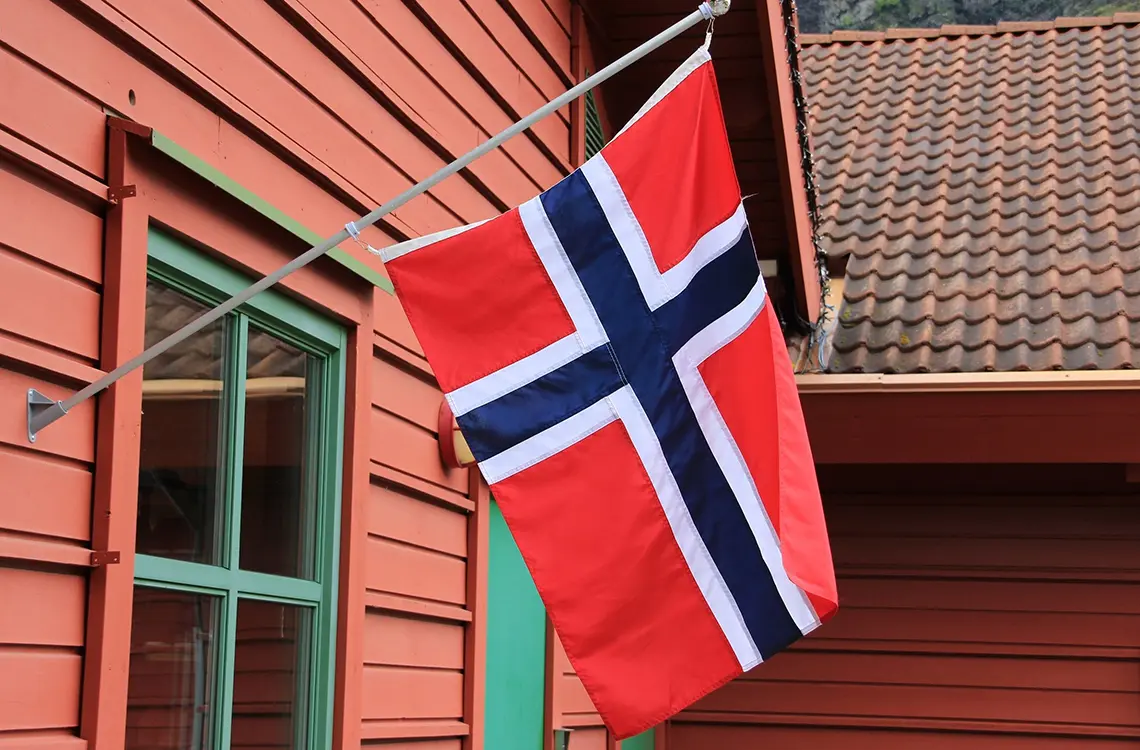
6 December 2021
Guest Speaker: H.E. Erik Førner, Norwegian Ambassador to Switzerland
On 6 December 1992, 50.3% of the Swiss population voted against an agreement reached by the Swiss Federal Council to join the European Economic Area (EEA). Instead, Switzerland realigned its European policy and successfully developed two packages of bilateral agreements with the European Union (EU) that were approved by the population in several popular referenda. Still, since 2008 the EU and Switzerland have been searching for new ways to upgrade their already close economic relationship by implementing a more dynamic approach. So far, all attempts to find a consensus within the Federal Council on such a framework agreement have failed. Consequently, other options for Switzerland’s integration into Europe are now back on the table: While joining the EU remains the preference of only a small minority, joining the EEA – which has been quite successful for Iceland, Liechtenstein, and Norway – has significantly more support today than it has had for a long time.
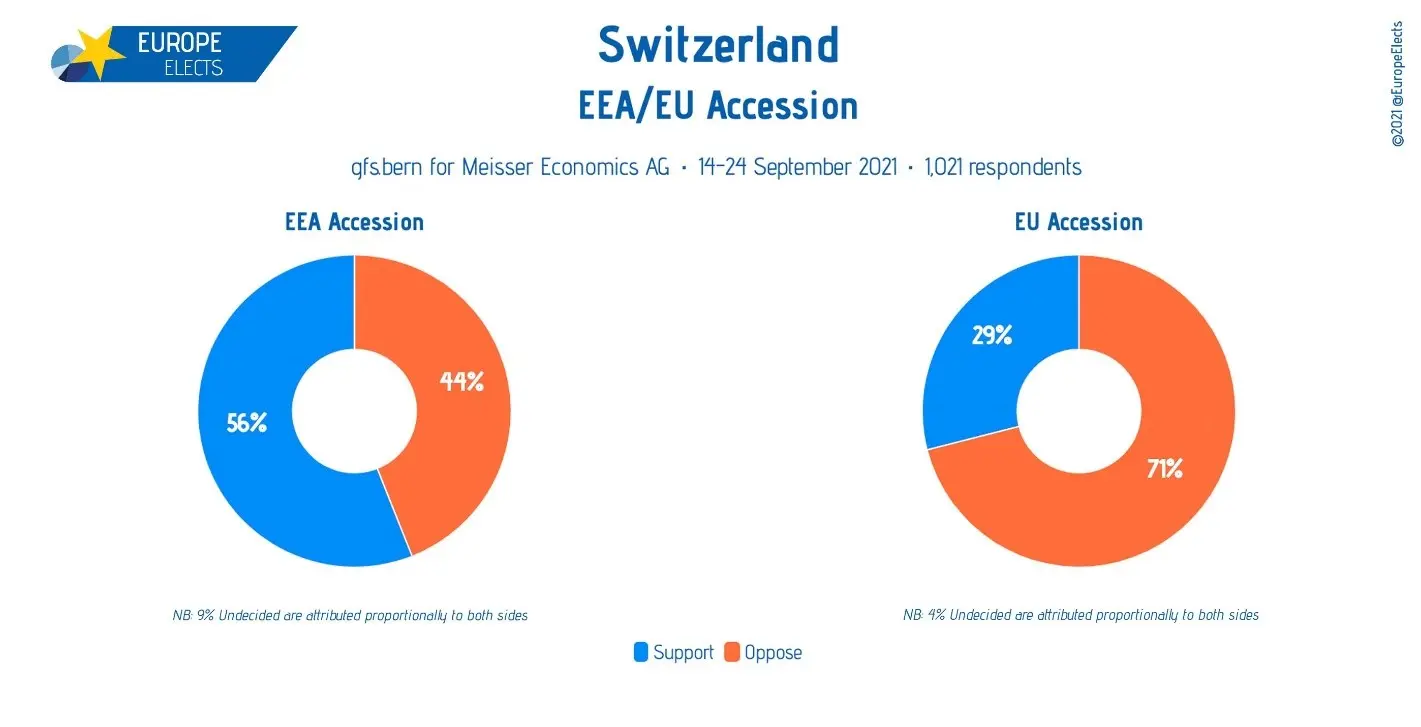
This event will provide an opportunity to hear Ambassador Erik Førner’s insights concerning Norway’s experiences with the EEA. In his talk, he will touch on the political, economic, and legal implications of EEA membership as well as the reactions of the Norwegian population. His input will no doubt prove useful in debating whether Switzerland’s concerns that joining the EEA may undermine its sovereignty are justified.
Poland - Europe's Most Dynamic Economy?
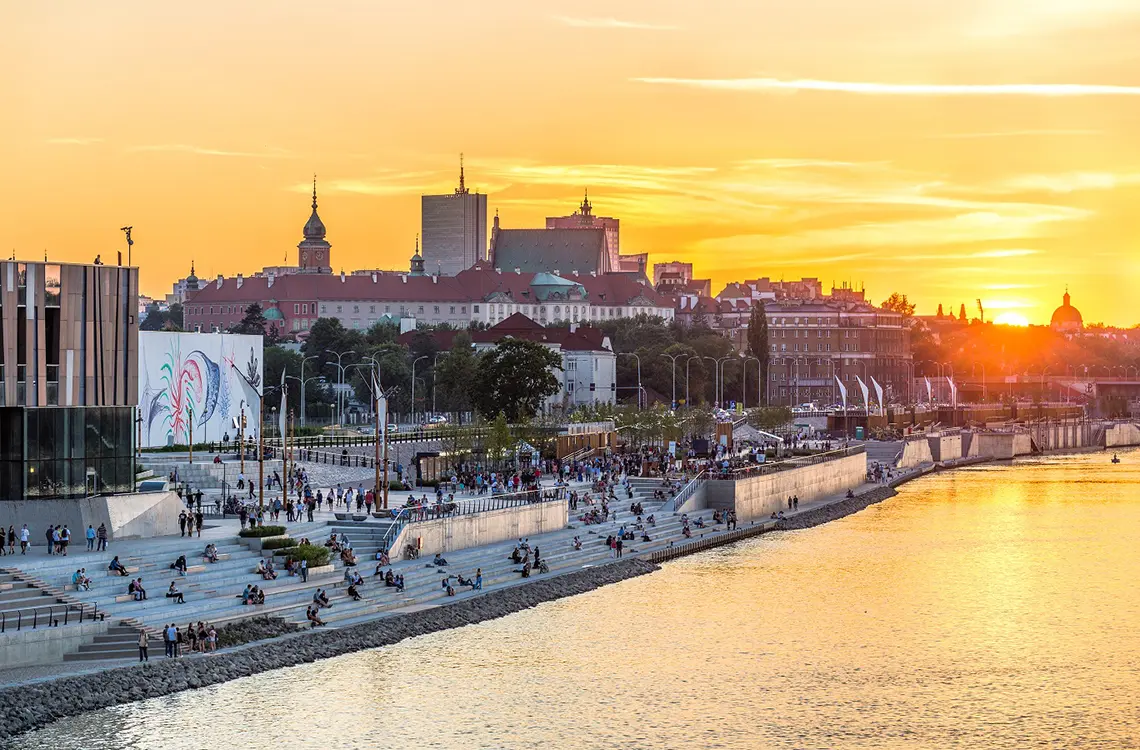
10 Mai 2021
Little is generally known about Poland’s history and economy in Switzerland, which may also be why Warsaw is currently not a popular study-abroad destination. This event will help you understand how the EU’s fifth largest member state by population has changed after three decades of exceptional economic growth.
In 2021, Switzerland and Poland celebrate 100 years of Switzerland’s diplomatic presence in Warsaw. In this online event, the Ambassador of Switzerland to Poland, Jürg Burri, will share his insights on bilateral economic relations, which are significant: Swiss companies have created more than 65,000 jobs in Poland, according to a recent study. In addition, Christopher Hartwell, Head of the International Management Institute at ZHAW, will discuss Poland’s transition from a communist state to Europe’s region with the strongest economic growth in his talk entitled Poland’s Transition Experience.
The ZHAW School of Management and Law has a strong partner in Poland: the Warsaw School of Economics (SGH), where students of the MSc in International Business can benefit from a Double Degree.
Guest Speakers are Jürg Burri (Ambassador of Switzerland to Poland), Prof. Christopher Hartwell (Head of the ZHAW International Management Institute) and Aneta Kocemba-Muchowicz (Managing Director and Head of Warsaw Site of Credit-Suisse in Poland).
Webcast with the new EU Ambassador to Switzerland
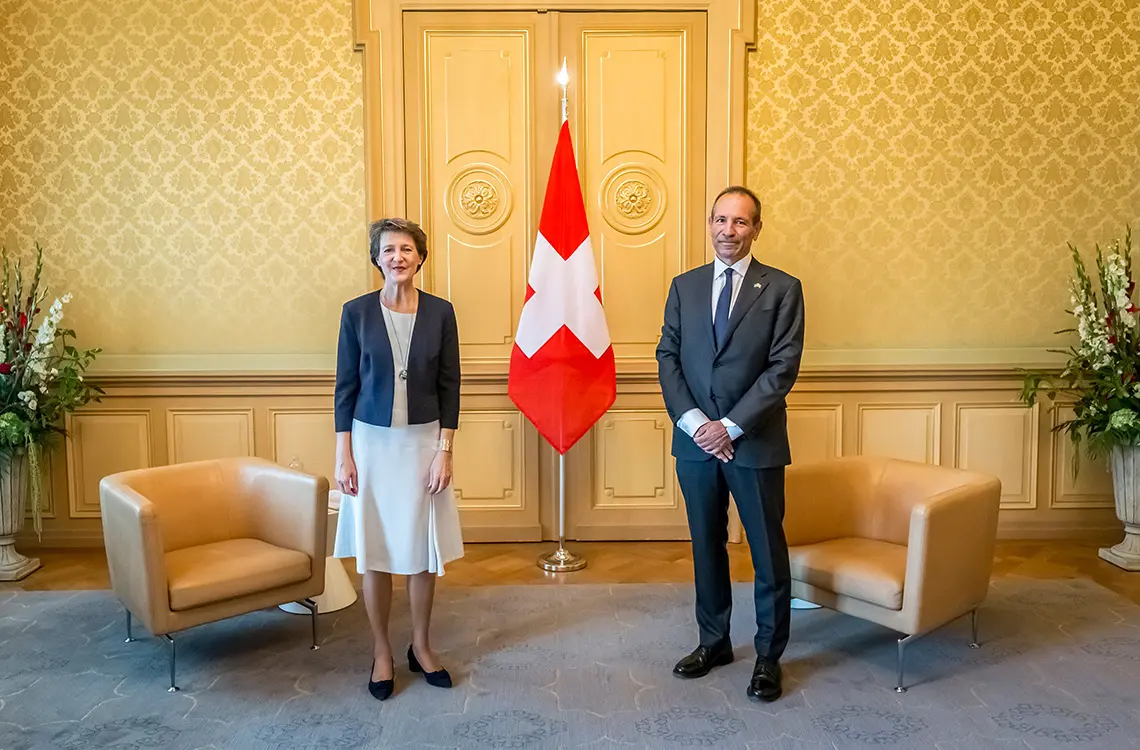
23 November 2020
Current State and Outlook for Swiss-EU Relations
The ZHAW International Management Institute and its unit for Foreign Affairs and Applied Diplomacy are delighted to welcome H.E. Petros Mavromichalis, European Union Ambassador to Switzerland & Liechtenstein for a webcast.
Ambassador Mavromichalis previously served in the European External Action Service as Head of Division of the EU’s Open Source Intelligence as well as the EU’s Situation Room. Since September 2020 the Greek and Belgium national represents the EU Commission in Berne.
Since the opening of an EU Delegation in Switzerland in 2007, the ZHAW School of Management and Law has established a tradition to always invite the new EU Ambassador for an exchange with students, faculty and friends of the university. This started with Ambassador Michael Reiterer, Ambassador Richard Jones, Ambassador Michael Matthiessen, and now H.E. Petros Mavromichalis.
Language of discussion: English
“I Want Swiss-EU Relations to Thrive”
Analysis of the EU’s Response to COVID-19. Successful Crisis Management?
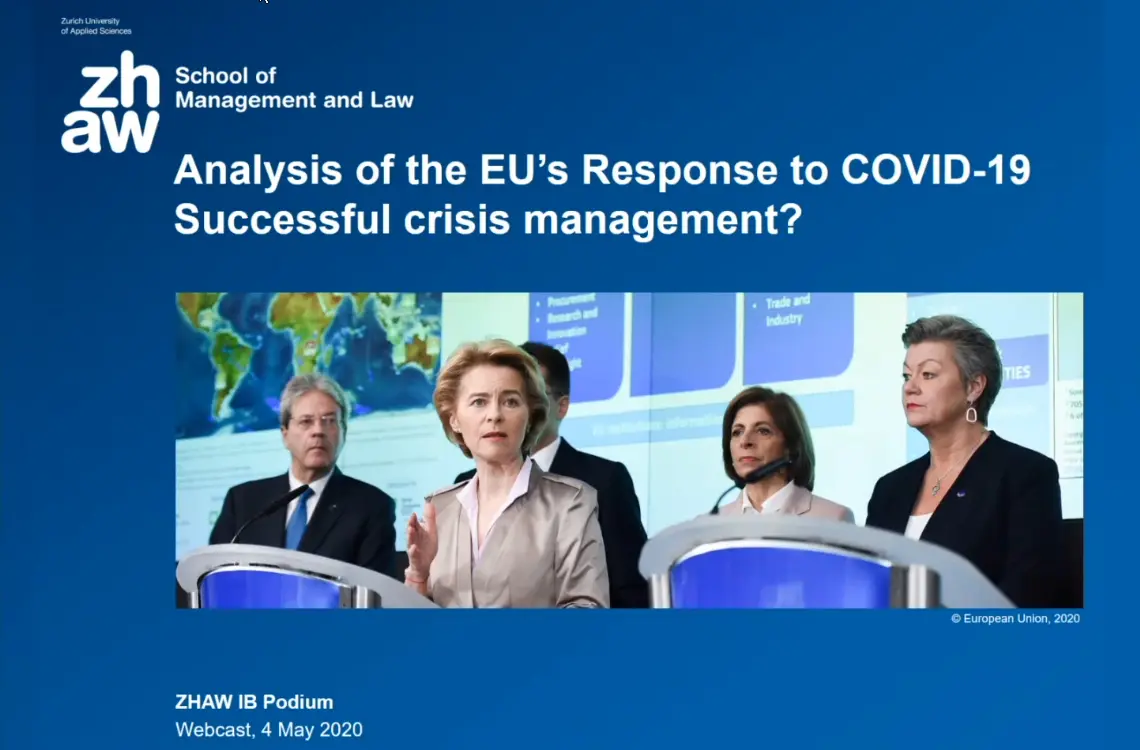
04 May 2020
Crises have played a significant role in the development of the EU and the process of European integration. Dealing with the Coronavirus is now a major challenge for the new leadership team in Brussels, while they continue to handle other emergencies at the same time. Our guests will analyze the EU's response to Covid-19 and compare the current crisis management in Brussels with similar situations the EU has faced in the past.
The ZHAW International Management Institute and its unit for Foreign Affairs and Applied Diplomacy are pleased to welcome the following guests for a live webcast debate:
Sebastian Ramspeck, Brussels Correspondent, Swiss Television (SRF)
Franziska Vogel, Co-Head Program Europe - foraus
Dominique Ursprung, Deputy Head, Center for Global Competitiveness, ZHAW
Language of discussion: English
Watch the recording of the Webcast.
What is the Role of the Visegrád Four in Europe?
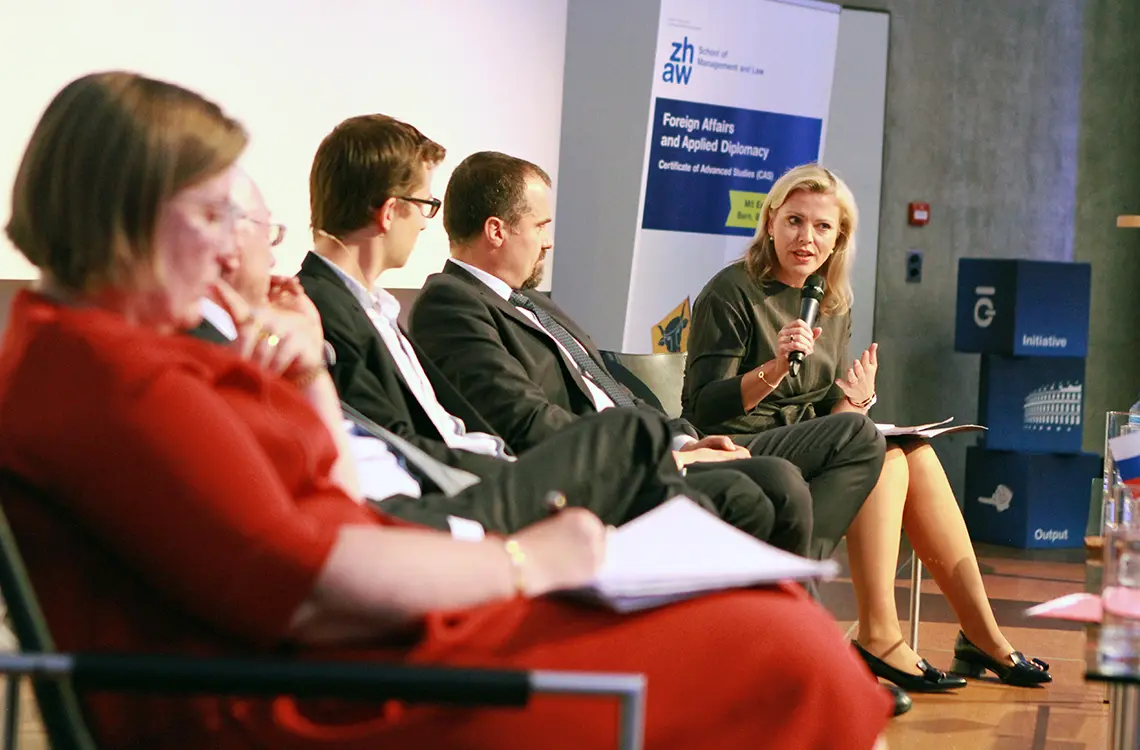
30 September 2019
At the first podium the topic "The Visegrad States - their economic and political role in Europe" was discussed with the four ambassadors and representatives of the Visegrad States.
30 years since the fall of the iron curtain, 20 years of NATO membership and 15 years in the EU. A lot has changed in these years, the former communist countries Poland, Czech Republic, Slovakia and Hungary have turned into free market economies, are important contributors to the security of the continent and are gaining political strength in the European Union – it has been said for example, that Ursula van der Leyen only got to office, thanks to the support of the Visegrad voices.
Time to have a closer look at the four countries:
- How is the powerhouse of European economic growth ticking?
- What is the alternative vision of Europe by the V4?
- Why is there still a West and an East in Europe?
The ZHAW International Management Institute, which is responsible for Foreign Affairs & Applied Diplomacy, is pleased to welcome the diplomats of the four Visegrad states in Winterthur.
The following diplomats will be present:
- H.E. Ms Kateřina Fialková, Ambassador, Embassy of the Czech Republic
- H.E. Mr Jakub Kumoch, Ambassador, Embassy of the Republic of Poland
- H.E. Mr István Nagy, Ambassador, Embassy of Hungary
- Ms Dr. Linda Kapustová Helbichová, Chargé d’affaires, Embassy of the Slovak Republic